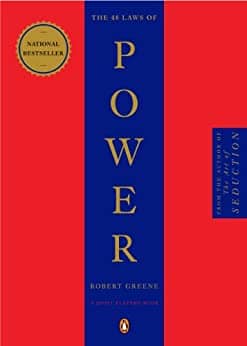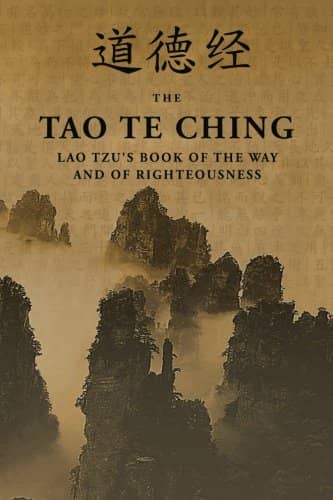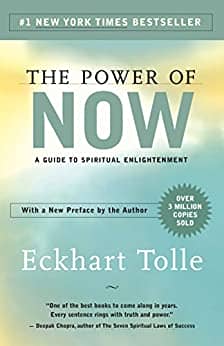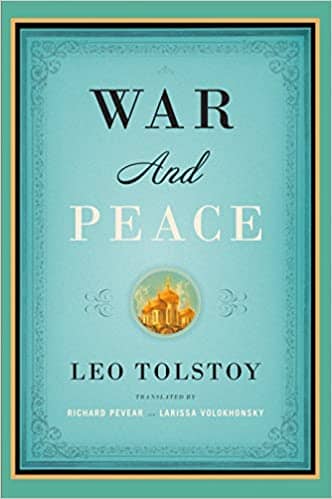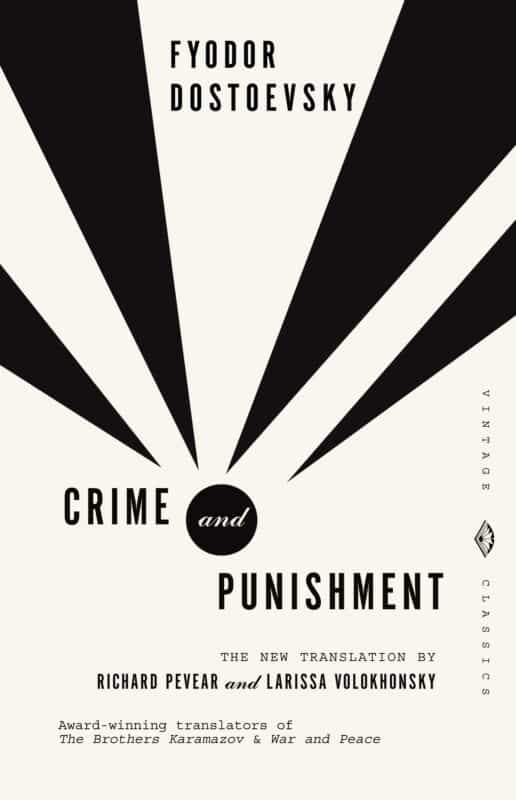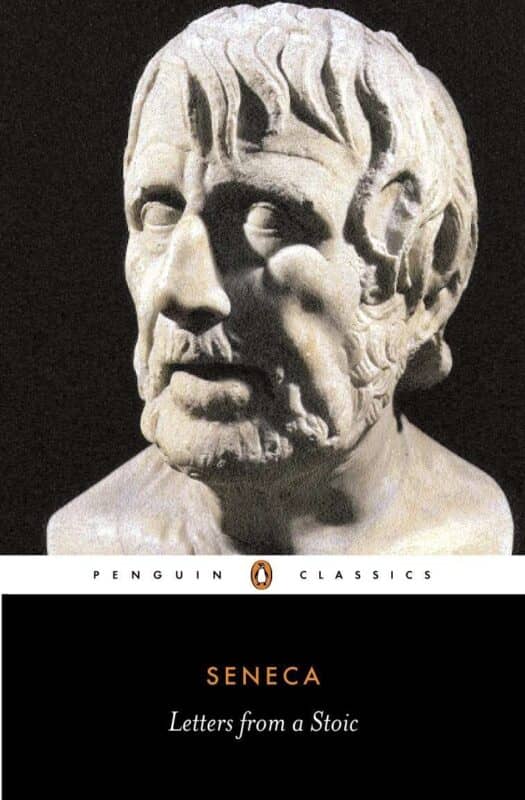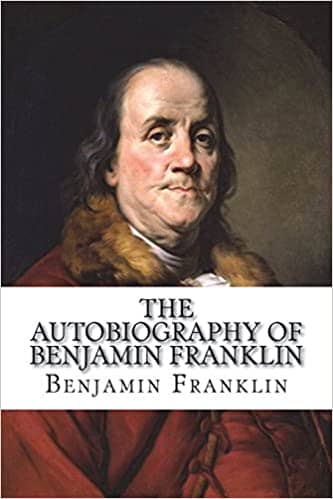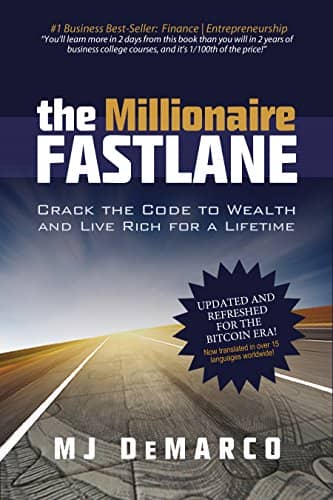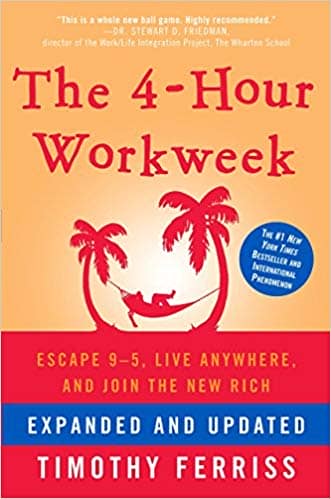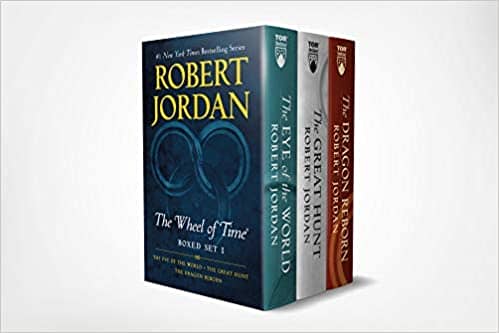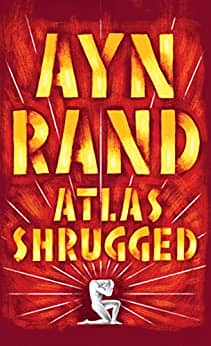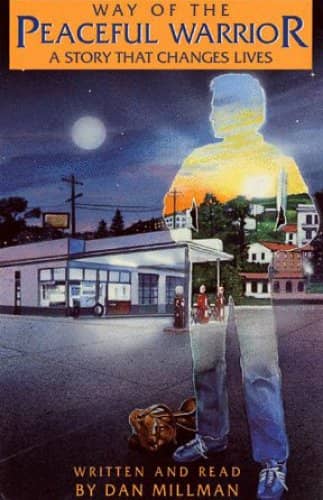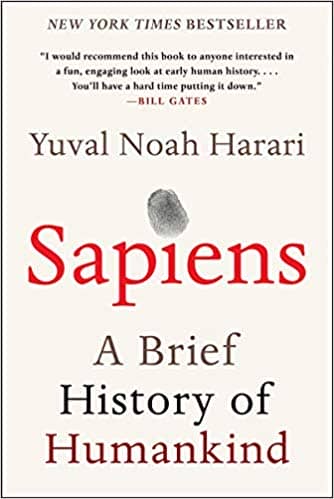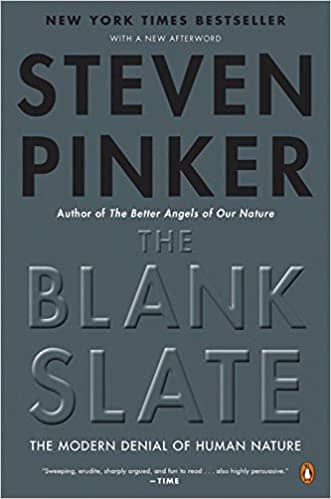We live in an era of prosperity. Opportunities are abundant and technological innovation makes our lives easier.
Some people argue that this “Golden Age” made us soft. Without real problems, we lack mental toughness and drive.
(I believe that our generation has to face different challenges that require a different set of skills. But that’s a story for another post…)
I’m 25 years old.
Previous generations lived through multiple wars, famines, and economic crises. In the grand scheme of things, I have very little life experience.
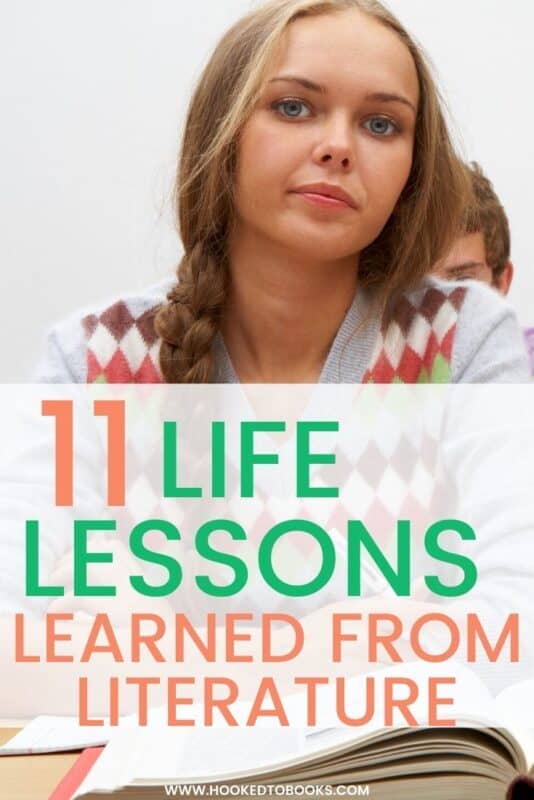
I’m sure many of you reading this are in the same spot. But one of our advantages is that we can get profound life lessons from literature! We’re in the age of information after all.
For $0-$50, you can get access to legendary men and women. People who lived 1,000s of years ago, yet their teachings transcend time.
You can read multiple books and manuals that were once very rare or impossible to get.
You can even find experts on the internet, breaking down these texts and providing insights nonstop. Education is on your hands.
Love to learn? Check out The Great Courses video-on-demand service (affiliate) for more valuable life lessons from literature!
Of course, personal experience trumps theoretical knowledge.
But these 11 life lessons from literature could help you avoid and overcome many modern problems, without having to get punched in the face to learn.
Keep reading!
Lesson 1: Everything is about Power
I understand this is a bleak and rather pessimistic worldview.
Power, after all, is often associated with greed and manipulation. But I propose a different angle.
Robert Greene, the author of “The 48 Laws of Power”, believes that everyone participates in the game. Even if they don’t want to.
He recognizes that throughout history, many good people have fallen victims of malicious attacks because they didn’t understand this fundamental principle.
History has taught us that those who seek to undermine and take advantage of you will be relentless. You have to be able to recognize such Machiavellian tactics, even if you don’t use them yourself.
So, Power is the ability to defend yourself against these attacks, while maintaining your integrity.
Lesson 2: It’s the Journey that matters
We live in a world that moves too fast.
Get the degree, get the job, get the house. Does it ever end?
Well, many ancient writers and philosophers highlighted the importance of living in the moment. From Odyssey to Tao Te Ching, we’re taught that it never ends.
Once we achieve everything we set out to do, we realize that nothing changed. We need more.
I believe this is a lesson humanity has collectively forgotten. It wasn’t until recently that people like Eckhart Tolle (with his book the “Power of Now”) rediscovered this universal truth
Lesson 3: Seek meaning
The Russians are often portrayed as cold and rational — sans emotion.
But reading the greats, like Dostoevsky and Tolstoy, made me realize how deeply emotional and passionate they are.
Their relentless pursuit of meaning paints wide brushes in the ancient canvas of existentialism.
Stories like “Crime and Punishment” reveal the beauty of life via negativa. The contrast between nihilism and consequentialism highlights what not to do.
The lesson I took from these books, no matter how cheesy it sounds, is this:
Having a mission that transcends the modality of daily life is the cornerstone of living.
Lesson 4: “Virtue is sufficient for happiness”
Stoicism is making the rounds right now.
There are many people out there trying to apply this philosophy in their lives. But in my opinion, they tend to misunderstand the basic tenets of it.
They adopt an unnatural, emotionless state of mind that prohibits them from fully experiencing what Epictetus and other great philosophers call “eudaimonia”.
Seneca talks about accepting things as they come. Instead of being reactive, you just embrace the moment. External factors don’t influence how you feel. That’s your responsibility.
That doesn’t mean you don’t “feel”. It means you’re content with what you have, regardless of the circumstances that are beyond your power of will.
Lesson 5: Ownership
Autobiographies are front row tickets to a person’s life. There are profound life lessons you can receive from this kind of literature.
You get to meet and talk to great men and women, learn from their mistakes and take inspiration from their achievements.
A major theme that’s often repeated in many autobiographies is ownership.
Rejecting the victim mentality and accepting everything in your life as your fault or your success.
“Many people die at twenty-five and aren’t buried until they are seventy-five.”
Benjamin’s famous quote is a testament to his mindset that a person needs to take relentless action towards improving himself because time is ruthless!
Lesson 6: Hard Work > Working Hard
I grew up thinking that success was a product of working long hours. But doing busy work doesn’t solve real problems.
And solving problems is the KEY when it comes to providing value, according to the “Fastlane Millionaire”.
Hard work can be done in 1 hour, 1 day, or 1 week. Time is out of the equation. What matters is results.
Another author that understands the value of time is Tim Ferriss.
He realized that the culture of “hustle and grind 24/7” is counterproductive. He proposes a different approach that places your time as a top priority.
(I believe you’re already familiar with the “4-Hour Workweek”)
Lesson 7: Go on an adventure
Children are natural daredevils. Their curiosity is insatiable and the world is their sandbox.
This is a quality that we, as adults, have lost. But many authors sought to reclaim this unique characteristic of youth, using a formidable tool: Imagination.
Fantasy novels are a manifestation of our need to explore and conquer the world.
Books like Harry Potter, Lord of The Ring, The Wheel of Time, etc teach us the value of valor, friendship, and courage.
Delving into the unknown, with nothing but your spirit and willpower, is the quintessential virtue of a hero.
Our existence is a mystery after all. All we can do is go on an adventure!
Lesson 8: All the answers are inside you
With social media, Wikipedia, and 1000s of other websites. information overload is more than possible.
Every question you have is answered in a matter of seconds. What’s left of your intuition and analytical skills is stifled by a constant flow of data and opinions.
We’ve forgotten how to trust our gut.
Herman Hesse says:
“I have been and still am a seeker, but I have ceased to question stars and books; I have begun to listen to the teaching my blood whispers to me.”
The ability to have faith in you, confidence, is rare these days.
All you need is already inside you. All you have to do is look.
Lesson 9: You’re stronger than you think
There’s this trend in social media where people praise negativity, laziness, and mental meekness.
Books, on the other hand, are a window to the strong, resourceful, and resilient side of the individual.
Novels like Ayn Rand’s “Atlas Shrugged” represent the ability of humans to overcome their struggles, equipped with nothing but intelligence and persistence.
Another example, at the other end of the spectrum, is “The Way of The Peaceful Warrior” by Dan Millman.
In this case, the protagonist rises against his ego. The fight of the (hyper)rational mind vs the wise spirit.
Lesson 10: History repeats itself
This line is ingrained in my head.
My high school history teacher was very adamant about the value of knowing what mistakes our ancestors did, so we can safely avoid them.
He thought that the number one sin of humanity was having a short memory.
And he wasn’t wrong.
It seems that we repeat the same mistakes over and over again.
Even though I’m not a history buff, I find it useful knowing, not only my origins but also where I’m headed.
“Sapiens” works as cliff notes for the history of our species. It might not go into great detail but it’s a good primer for more serious reading.
Lesson 11: We are very different but we’re also very similar
Understanding human nature could save you a lot of trouble.
We grew up thinking that humans are blank slates. Our environment is 100% responsible for our behavior. Tabula rasa.
In reality, there’s a “software” installed. How we use it is our own responsibility but our cognitive functions are “pre-installed”.
I was fascinated by this concept after reading “Thinking, Fast and Slow”. Kahneman describes the two major styles of thinking, how and when we use them.
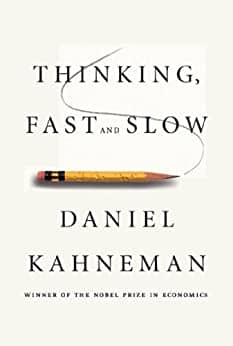
And if you want to dive deeper into this, check out this controversial book by Steven Pinker. It has caused major cultural ripples over the years.
(Remember, empathy begins when we embrace our differences)
Learning never stops…
These are only a few of the profound life lessons from literature I was lucky enough to stumble upon early on.
I know for a fact that they improved my character and my life. But learning never stops!
This is only the beginning of my journey and I hope you join me.
As I grow older, I want to dive deeper and learn from great minds, ingenious scientists, and inspiring artists.
People who understand complex subjects better than me. People with real-life experience.
If you’re like me, I believe you’ll appreciate this video series on “Life Lessons from Great Books” where professor J.Rufus expands on some of the lessons I penned down in this post.
For a limited time, you can save up to 70% on this course and more from our affiliate partner, The Great Courses! Click here to view their full library!
Check it out and tell me what you think!
P.S – What’s the greatest life lesson you’ve learned from a book? Comment below!
About the Author
George Kourakos is an ad-man by day, a writer by night. He is a mathematician with a creative side. Working full time as a copywriter, George wants to explore his creative side by writing about his favorite topics.




